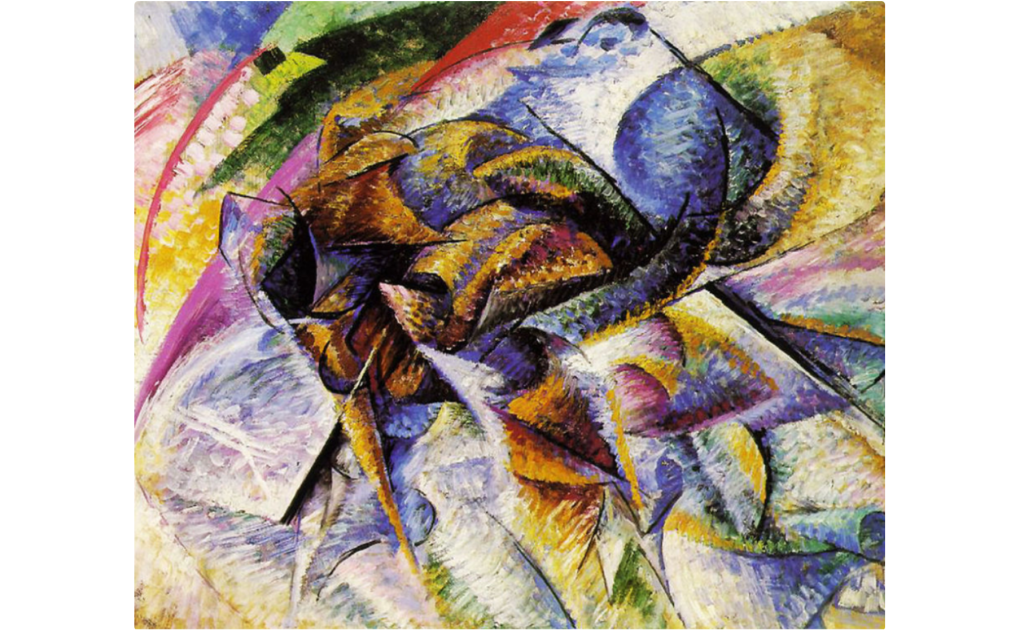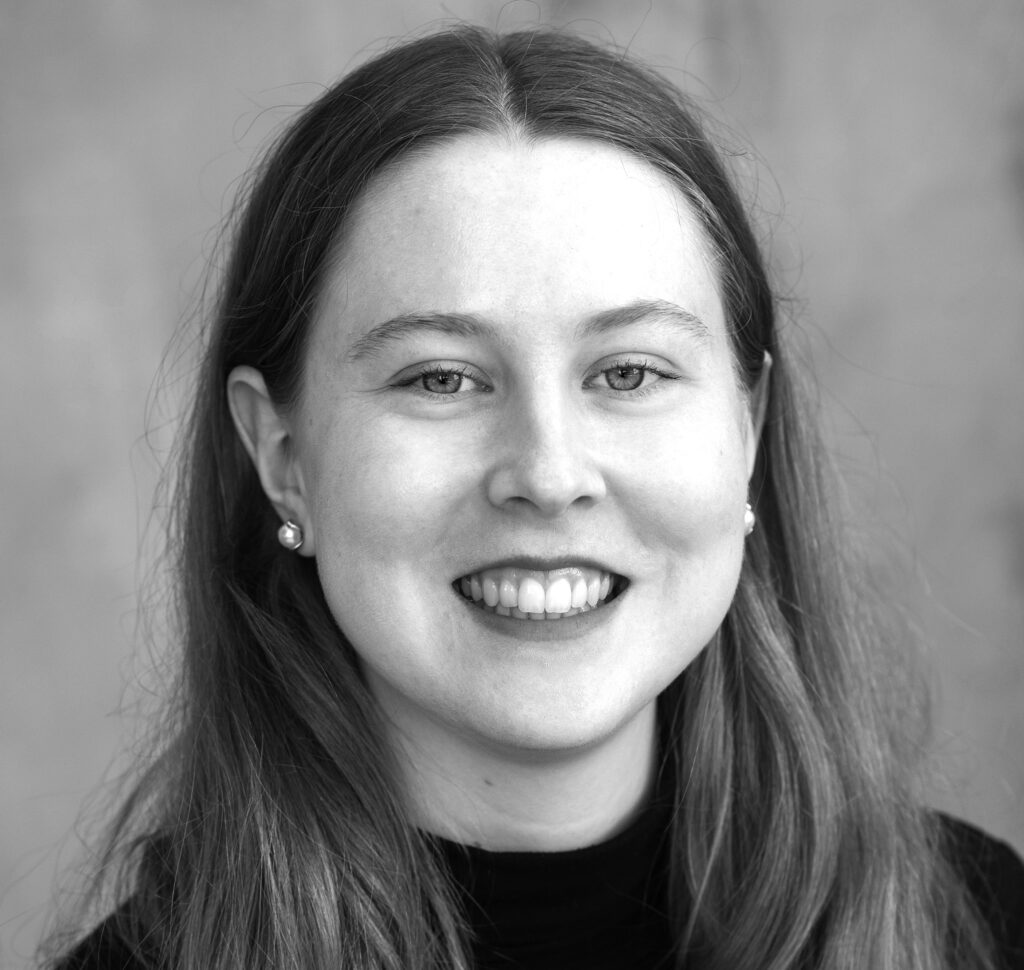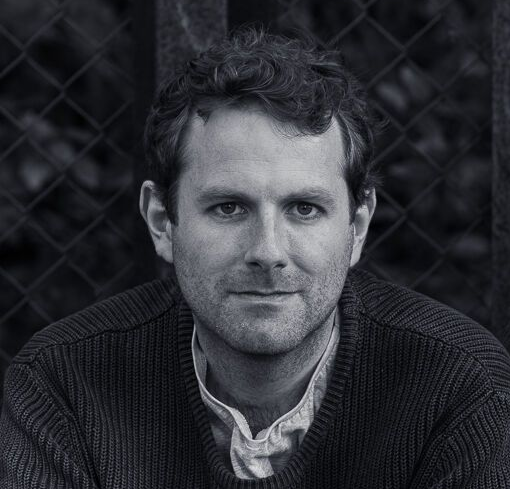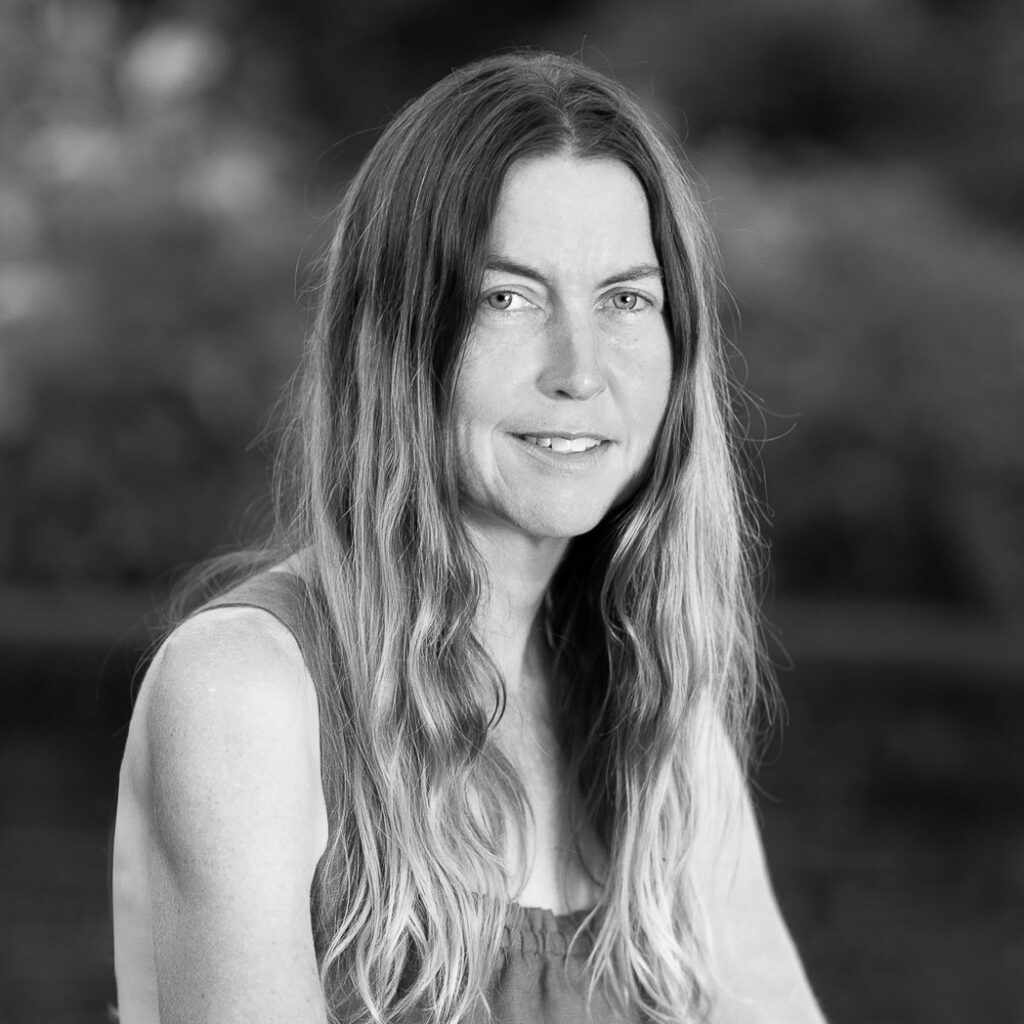In this post, Brigitte Everett, Andrew J. Latham and Kristie Miller discuss the article they recently published in Ergo. The full-length version of their article can be found here.

Imagine a universe where a single set of events exists. Past, present, and future events all exist, and they are all equally real—the extinction of the dinosaurs, the birth of a baby, the creation of a sentient robot. The sum total of reality never grows or shrinks, so the totality of events that exist never changes. We may call this a non-dynamical universe. Does time pass in such world?
If your answer to the above question is “no”, then perhaps you think that time passes only in a dynamical universe.
A dynamist is someone who thinks that there is an objective present time, and that which time that is, constantly changes. Many dynamists think that time only passes in dynamical worlds (Smith 1994, Craig 2000, Schlesinger 1994). Perhaps more surprisingly, many non-dynamists—those who deny that there is an objective present time, and that which time that is, constantly changes—have also traditionally held that time does not pass in non-dynamical worlds.
However, recently some non-dynamists have argued that in our world there is anemic temporal passage, namely, very roughly, the succession of events that occurs in a non-dynamical world. (Deng 2013, Deng 2019, Bardon 2013, Skow 2015, Leininger 2018, Leininger 2021). These theorists argue that anemic temporal passage deserves the name “temporal passage”. One way of interpreting this claim is as the claim that anemic passage satisfies our ordinary, folk concept of temporal passage.
Viewed in this way, we can see a dispute between, on the one hand, those who think that anemic temporal passage is not temporal passage at all, because it does not satisfy our folk concept of temporal passage, and, on the other hand, those who think it is temporal passage, because it does.
We sought to determine whether our folk concept of temporal passage is a concept of something that is essentially dynamical; that is, whether we have a folk concept of temporal passage that is only satisfied in dynamical worlds, or whether something that exists in non-dynamical worlds, such as anemic passage, can satisfy that concept.
You might wonder why any of this matters. One reason is that the non-dynamical view of time has often been accused of being highly revisionary. It is often claimed to be a view on which what seem like platitudes turn out to be false. For instance, you might think it’s platitudinous that time passes, and yet, it is argued, if a non-dynamical view of time is true, then this platitude turns out to be false. So, if our world were indeed that way, it would turn out to be very different from how we take it to be.
To determine whether our folk concept of temporal passage would be satisfied in a non-dynamical world, we undertook several empirical studies that probe people’s concept of temporal passage.
We found that, overall, participants judged that time passes in a non-dynamical universe, when our world was stipulated to be non-dynamical. That is, a majority of participants made this judgement. In particular, we found that a majority of people who in fact think that our world is non-dynamical, judge that there is temporal passage in it. As for people who in fact think that our world is most like a moving spotlight world, we found that they judge that, were our world non-dynamical, it would nevertheless contain temporal passage. Interestingly, though, with regards to people who think that either presentism or the growing block theory is most likely true of our world, we obtained a different result: they did not think that our world would contain temporal passage, were it non-dynamical.
In a second experiment we asked participants to read a vignette claiming that “time flows or flies or marches, years roll, hours pass… time flows like a river” and other vivid descriptions of passage, and then we asked them to state how likely it is that the description is true of a dynamical vs. a non-dynamical world. We found that participants judged that the description is equally likely to be true of a non-dynamical world as it is of a dynamical world.
In the last experiment we probed whether people think that time passage is mind-dependent. Overall, we found that participants judged that time passes regardless of whether there are any minds to experience its passing or not.
Our results indicate, first, that the folk concept of temporal passage can be satisfied in a non-dynamical world, and second, that it is not a concept of something essentially mind-dependent. This suggests that non-dynamists should not concede that theirs is a view on which, in some ordinary sense, time fails to pass.
Want more?
Read the full article at https://journals.publishing.umich.edu/ergo/article/id/4639/.
References
- Bardon, A. (2013). A Brief History of the Philosophy of Time. Oxford University Press.
- Craig, W. L. (2000). The Tensed Theory of Time: A Critical Examination. Kluwer Academic.
- Deng, N. (2013). “Our Experience of Passage on the B-Theory”. Erkenntnis 78(4): 713-726.
- Deng, N. (2019). “One Thing After Another: Why the Passage of Time is Not an Illusion”. In A. Bardon, V. Arstila, S. Power & A. Vatakis (eds.) The Illusions of Time: Philosophical and Psychological Essays on Timing and Time Perception, pp. 3-15. Palgrave Macmillan.
- Leininger, L. (2018). “Objective Becoming: In Search of A-ness”. Analysis, 78(1): 108-117.
- Leininger, L. (2021). “Temporal B-Coming: Passage Without Presentness”. Australasian Journal of Philosophy, 99(1): 1-17.
- Schlesinger G. (1994). “Temporal Becoming”. In N. Oakland and Q. Smith (eds.) The New Theory of Time, pp. 214–220. Yale University Press.
- Skow, B. (2015). Objective Becoming. Oxford University Press.
- Smith, Q. (1994). “Introduction: The Old and New Tenseless Theory of Time”. In L. N. Oaklander and Q. Smith (eds.) The New Theory of Time, pp. 17–22. Yale University Press.
About the authors

Brigitte Everett is a doctoral student at University of Sydney, Department of Philosophy. Her research interests focus on the philosophy of time.

Andrew J. Latham is an AIAS-PIREAU Fellow at the Aarhus Institute of Advanced Studies and Postdoctoral Researcher in the Department of Philosophy and History of Ideas at Aarhus University. He works on topics in philosophy of mind, metaphysics (especially free will), experimental philosophy and cognitive neuroscience.

Kristie Miller is Professor of Philosophy and Director of the Centre for Time at the University of Sydney. She writes on the nature of time, temporal experience, and persistence, and she also undertakes empirical work in these areas. At the moment, she is mostly focused on the question of whether, assuming we live in a four-dimensional block world, things seem to us just as they are. She has published widely in these areas, including three recent books: “Out of Time” (OUP 2022), “Persistence” (CUP 2022), and “Does Tomorrow Exist?” (Routledge 2023). She has a new book underway on the nature of experience in a block world, which hopefully will be completed by the end of 2024.